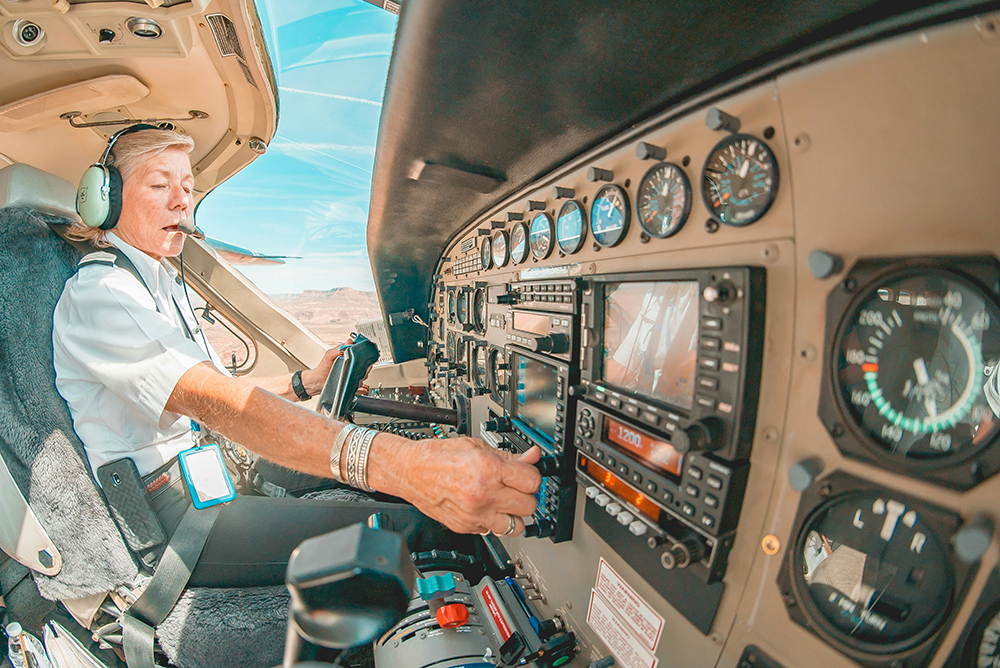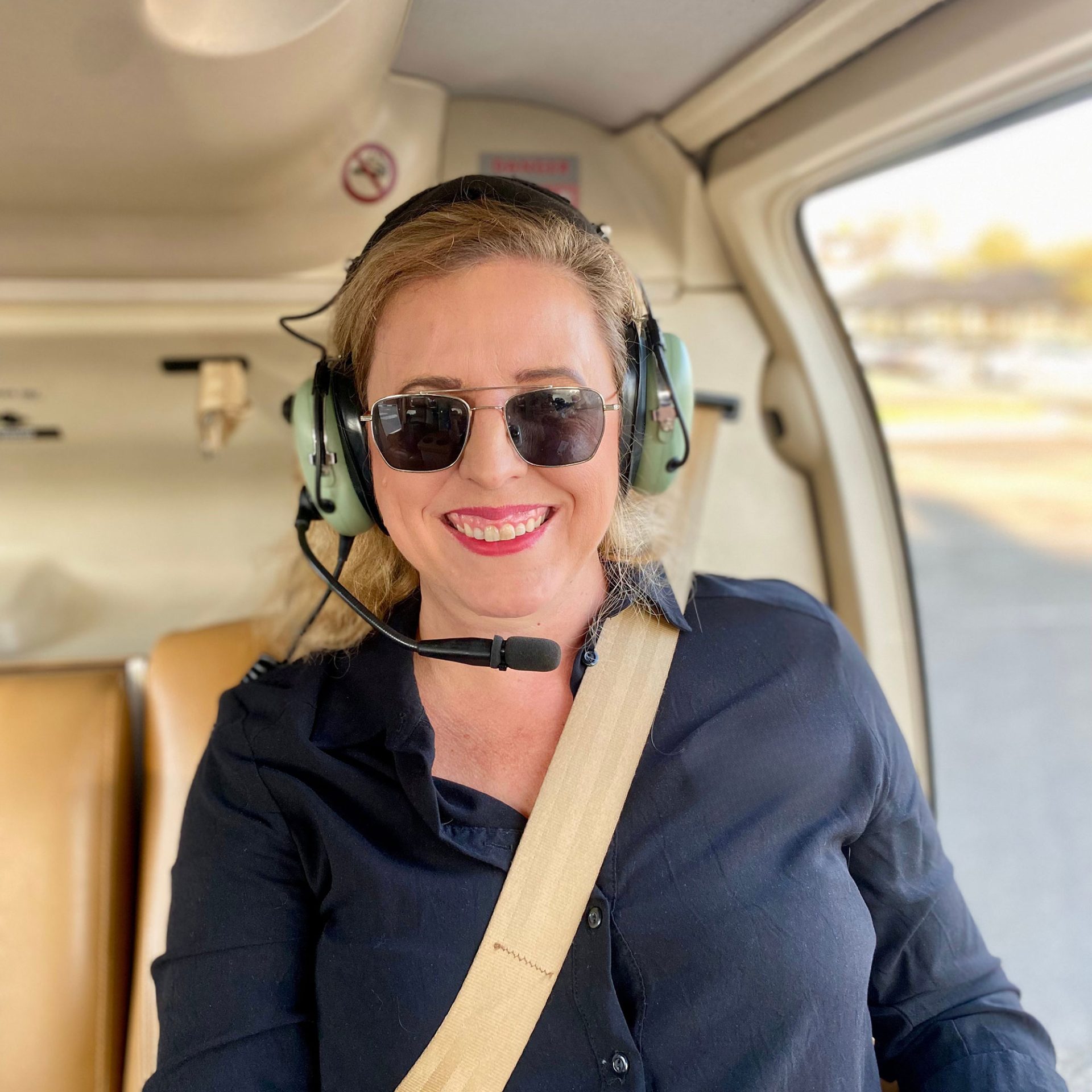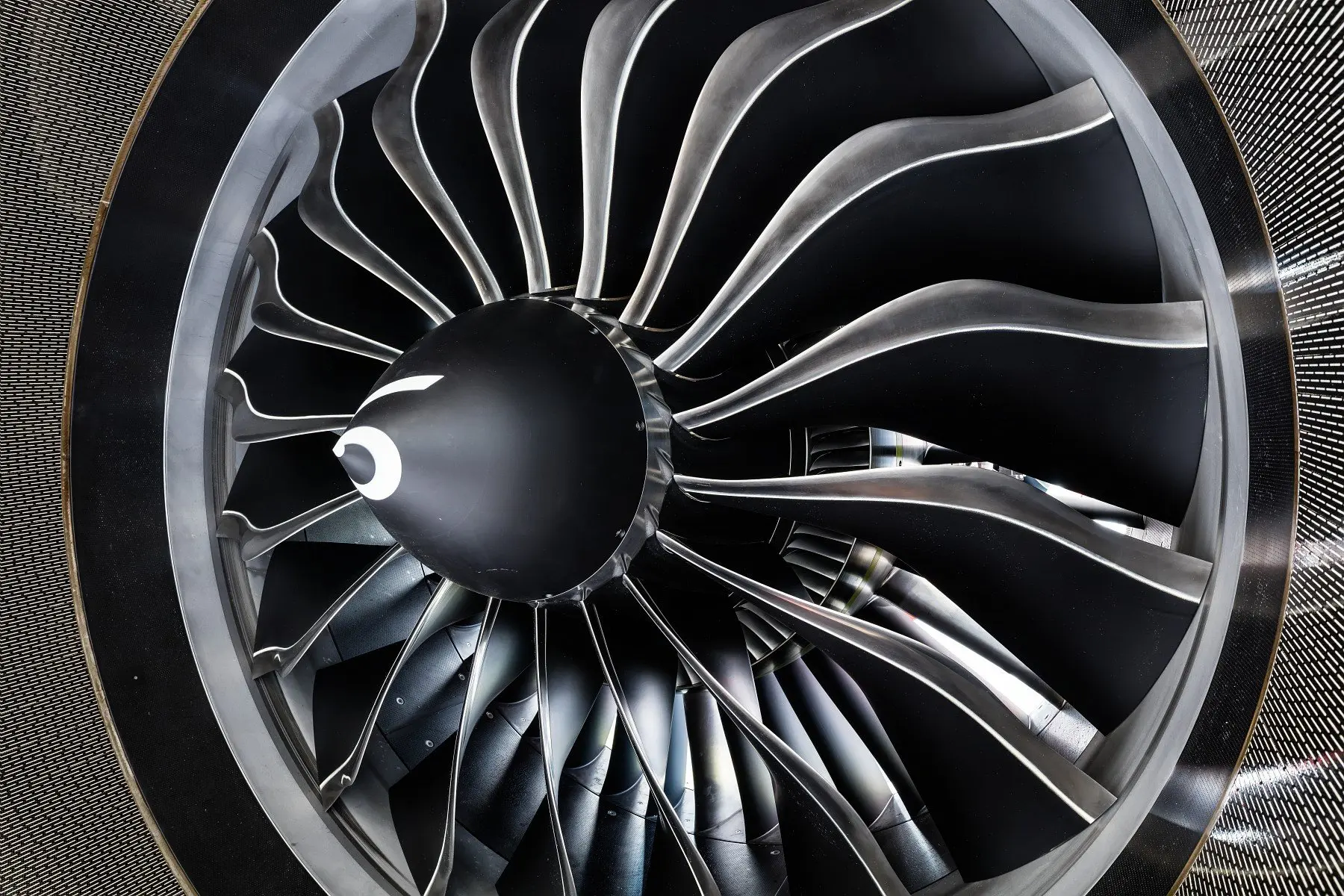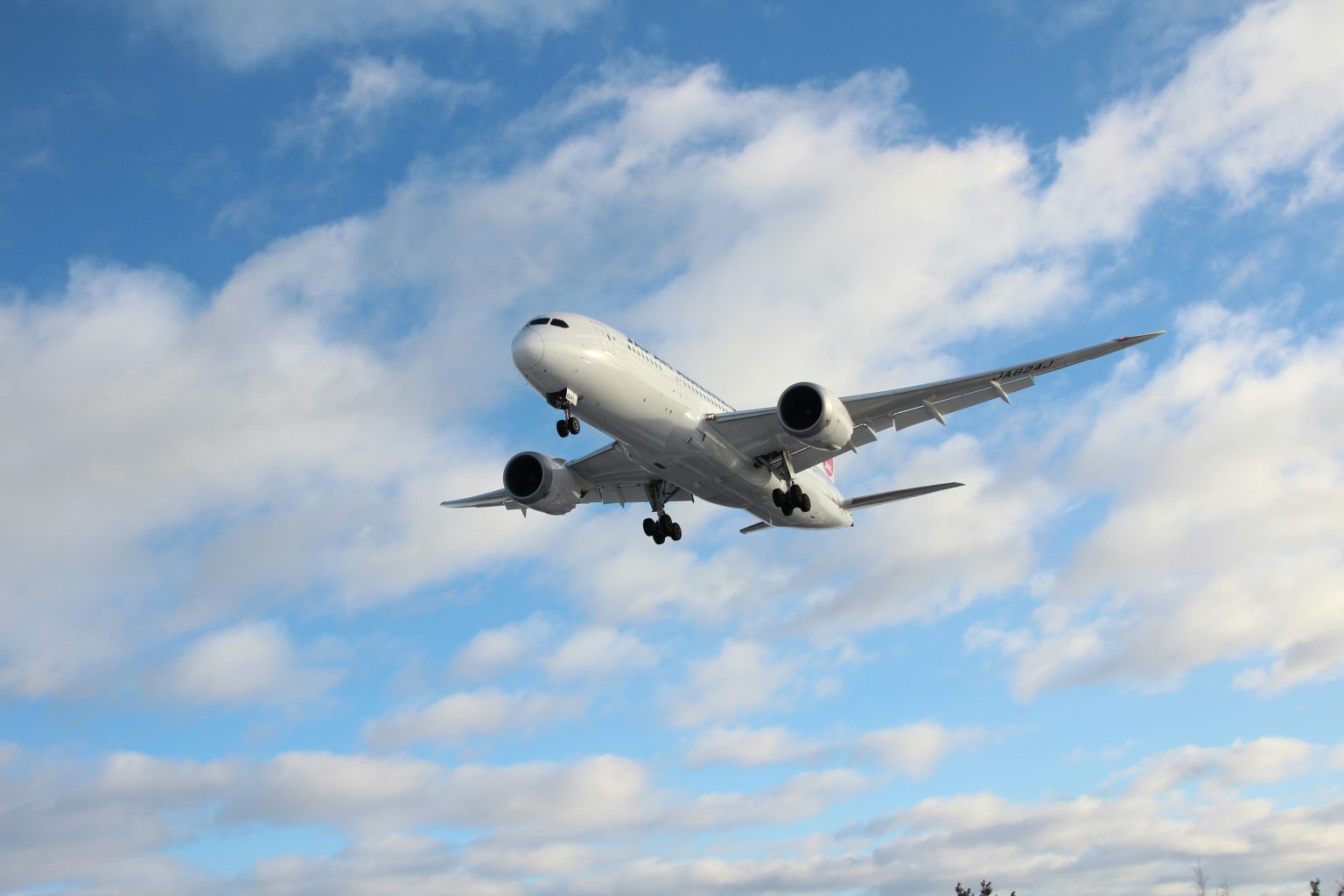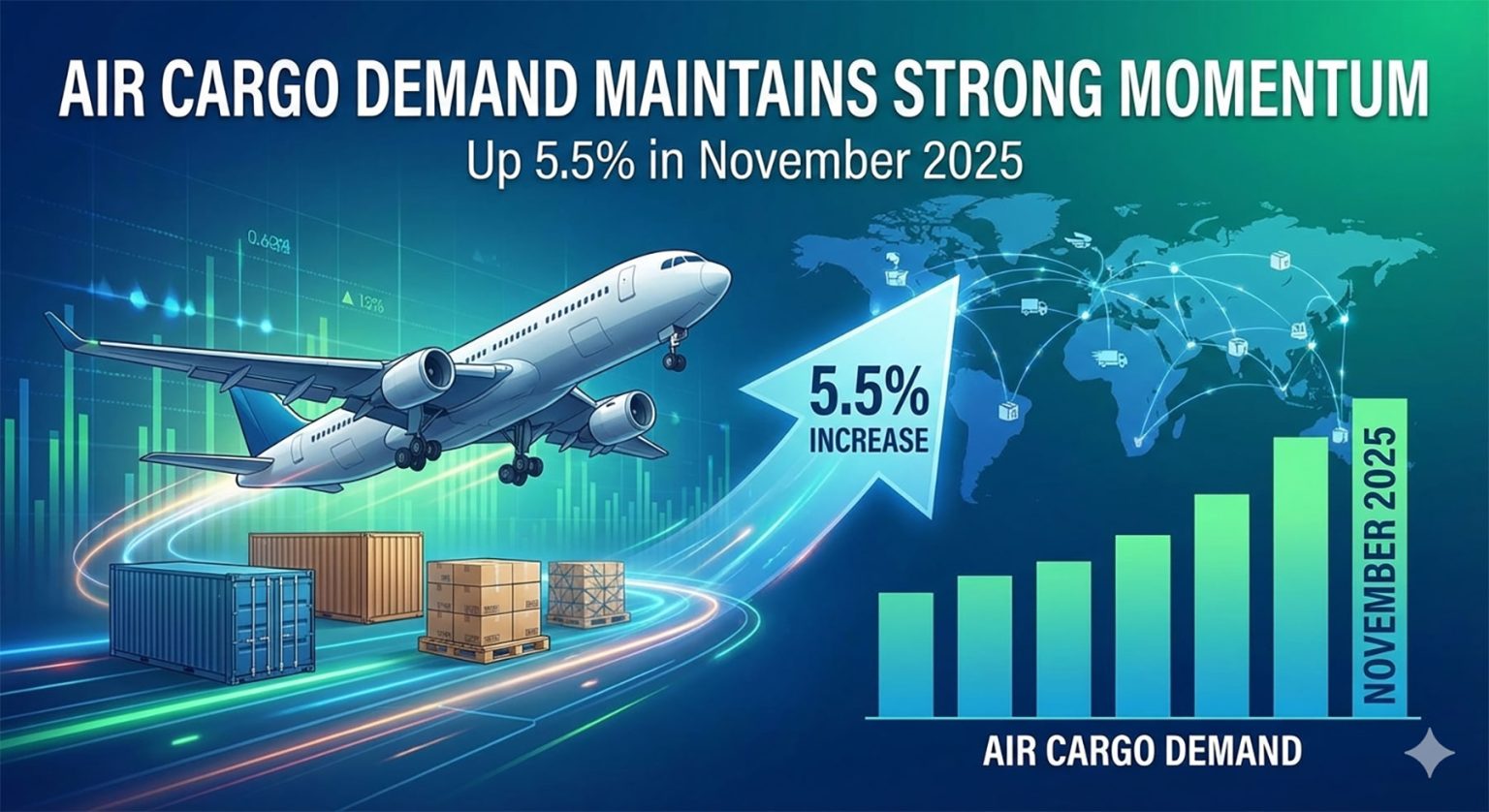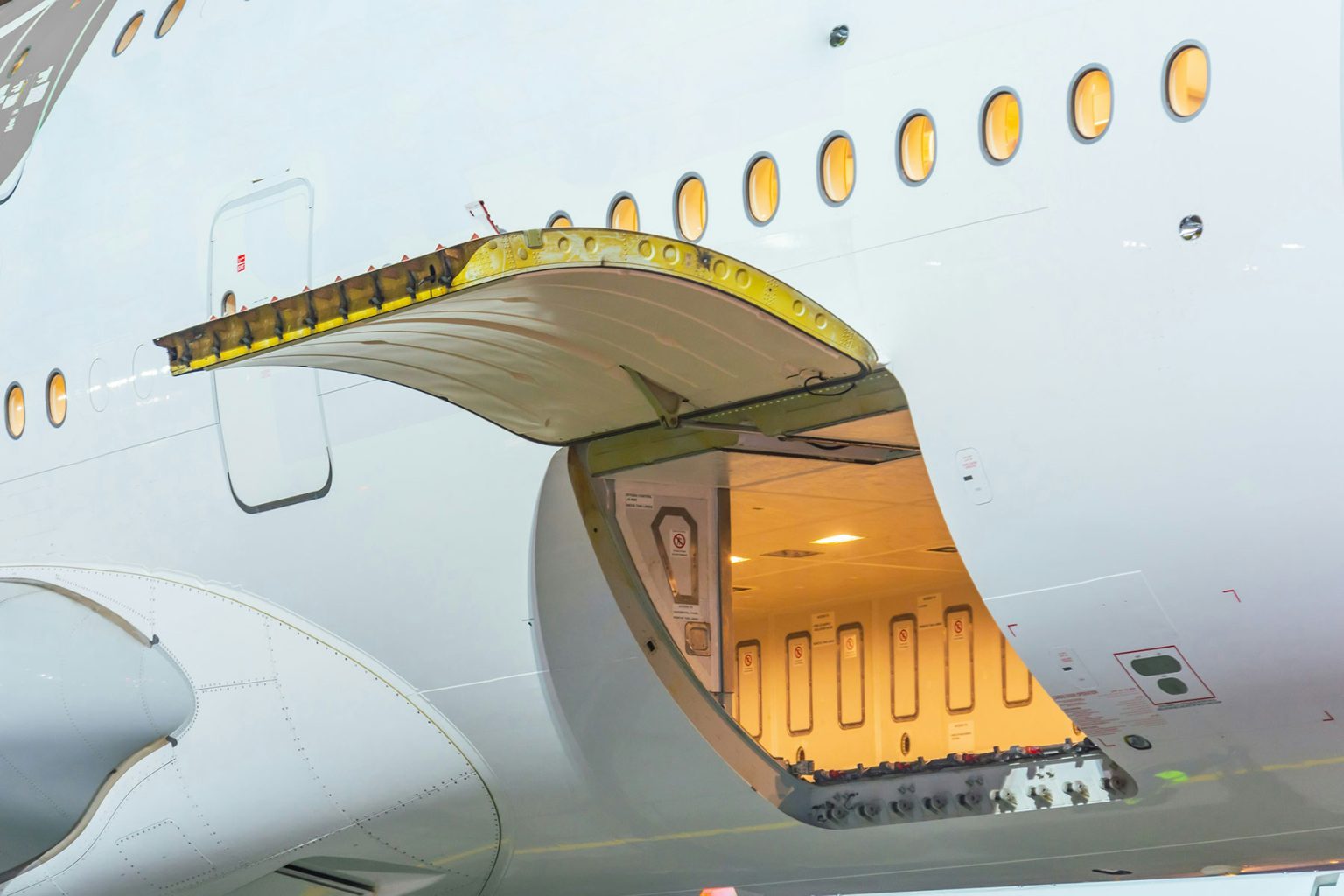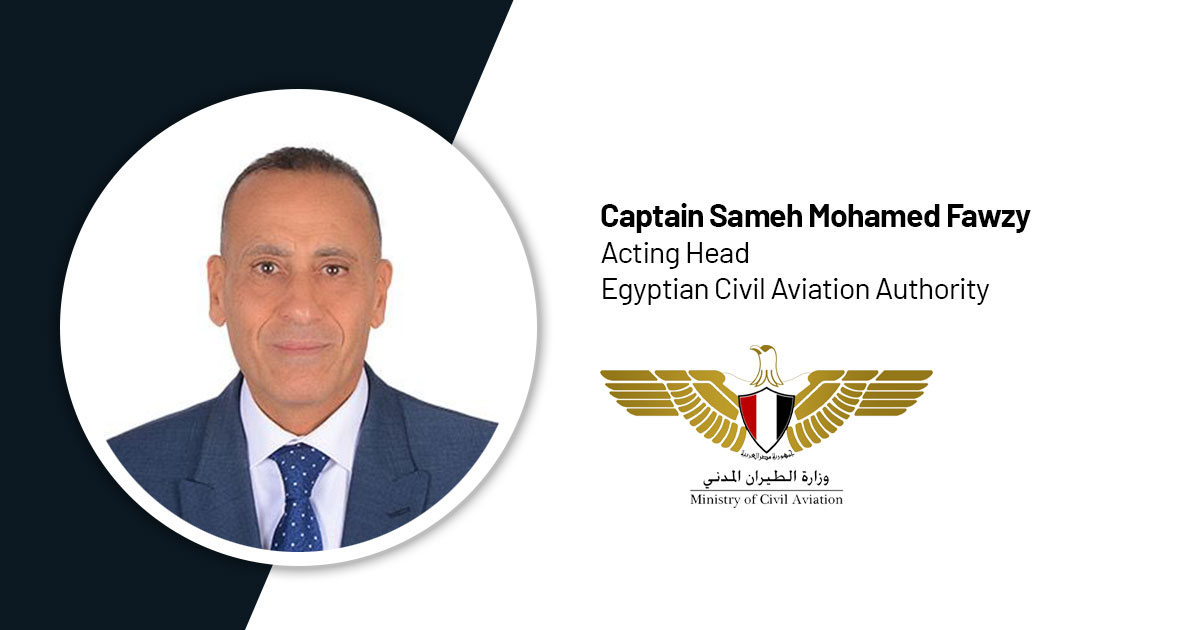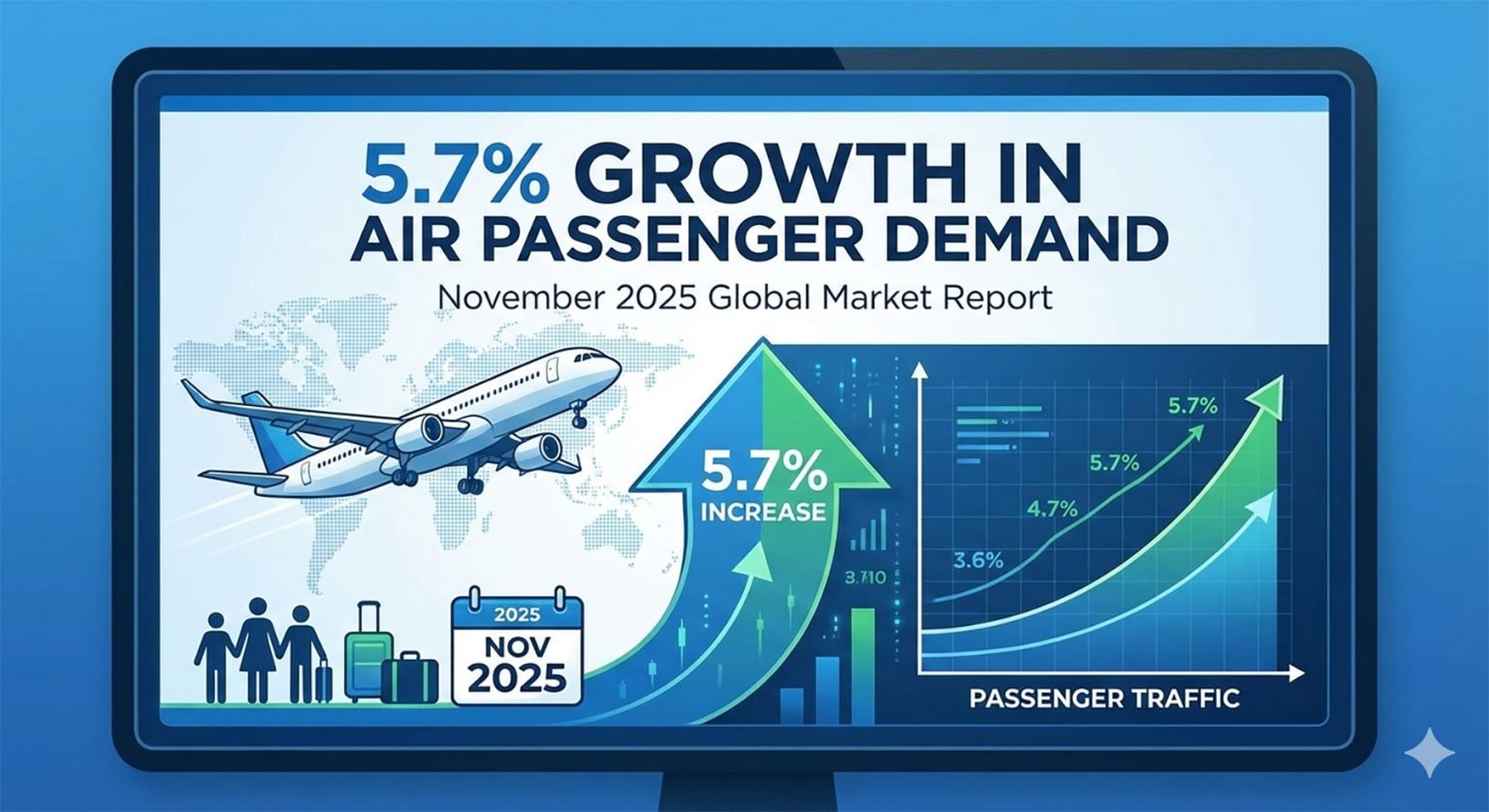A Critical Look at Single-Pilot Operations (SiPO) and Extended Minimum Crew Operations (eMCO)
The aviation industry has been thrown into somewhat turmoil with the growing debate surrounding Reduced Crew Operations (RCO), including extended Minimum Crew Operations (eMCO) and Single-Pilot Operations (SiPO). While advocates see them as inevitable advancements in line with technological progress, detractors, including key pilot unions, warn of significant safety risks.
In its recent report, the International Federation of Air Line Pilots’ Associations (IFALPA) has steadfastly opposed these developments, raising concerns about the safety of commercial aviation should these proposals gain traction.
At the 2024 IFALPA Conference in Mexico City, top leaders from the European Cockpit Association (ECA), the Air Line Pilots Association (ALPA) International, and IFALPA reiterated their firm stance against RCO, emphasising that no amount of automation can substitute the critical role of two well-trained pilots on the flight deck.
The union leaders highlighted real-world incidents where the presence of two pilots averted potential disasters, underscoring the indispensable value of human instinct, teamwork, and situational awareness.
SiPO Has Gained Popularity Due to Automation Developments
SiPO proposes operating commercial flights with a single pilot at the helm, rather than the traditional two-pilot crew. This idea, while not entirely new, has gained momentum due to rapid advancements in automation and artificial intelligence (AI).
These concepts have also emerged as potential solutions to two pressing issues in aviation: escalating operational costs and the growing shortage of qualified pilots. However, the question remains: Is it truly safe to rely on a single pilot, even with AI and automation at their side?
Airbus is Leading the Way
Airbus is pushing the concept of extended Minimum Crew Operations (eMCO), which would allow single-pilot operations during cruise on certain aircraft. The A350 freighter, slated for delivery in 2027, has been identified as a potential platform for testing this concept.
The European Union Aviation Safety Agency (EASA) is also considering a framework to assess safety risks associated with eMCO and SiPO. However, these regulatory discussions are still in the early stages, and implementation could be more than a decade away for passenger flights.
Despite the technological strides, opponents remain deeply concerned about the safety implications of reducing the number of pilots on the flight deck. They argue that aviation has relied on two pilots for decades because of the inherent complexity and unpredictability of flight operations. A single pilot, they contend, would be overwhelmed by the demands of managing the aircraft, diagnosing potential malfunctions, and responding to emergencies—particularly in the event of system failures or other unforeseen challenges.
A Pilot Wears Multiple Hats in the Cockpit
While automation can assist pilots in routine tasks, it cannot replace the critical backup provided by a second pilot. Modern airliners are designed with redundancy in mind—dual engines, hydraulics, electrical systems, and other critical components are present to ensure that the aircraft can continue to operate safely even if one system fails. The removal of one pilot from the cockpit compromises this redundancy and creates a significant risk, particularly in emergency situations.
In an emergency, such as a sudden engine fire or an unplanned loss of cabin pressure, the presence of two pilots is crucial for dividing tasks and ensuring that the situation is handled efficiently and effectively. With a single pilot, however, the workload would become overwhelming, and the risk of error increases dramatically.
Furthermore, there are concerns about the potential for unforeseen events that could throw a single pilot into a crisis situation beyond their ability to manage. A bird strike, for example, could cause catastrophic damage to the aircraft, forcing the pilot to respond without the support of a co-pilot or the backup systems that would otherwise be in place.
The Industry is Blaming Economic Pressures
The push for SiPO and RCO is largely driven by economic pressures within the aviation industry. Airlines are facing rising costs and an ongoing pilot shortage, which has only been exacerbated by the global pandemic. Some see SiPO as a cost-saving measure that can help mitigate the impact of the pilot shortage by reducing the number of crew members required on each flight. This would also allow airlines to cut down on operational expenses, particularly during non-peak hours when the second pilot’s role is less critical.
However, critics argue that the push for SiPO is primarily motivated by profit, rather than safety. They believe that corporate interests are driving these changes without adequately considering the potential risks to passengers and flight crews. The idea of sacrificing safety for cost-cutting measures has raised alarms among pilot unions, including ALPA, ECA, and BALPA, which have been vocal in their opposition to SiPO and RCO.
The Future of Reduced Crew Operations
In the coming years, the debate over SiPO and RCO will intensify, as more industry stakeholders seek to balance the promise of automation with the imperative of safety. While the economic pressures driving these changes are undeniable, they must be weighed carefully against the potential risks to aviation safety and public trust.
IFALPA and other unions continue to advocate for the preservation of the two-pilot standard, emphasising that safety must always remain the top priority in aviation. While innovation and progress are necessary, they must not come at the expense of the safety and well-being of passengers and flight crews and the integrity of the aviation industry as a whole.
